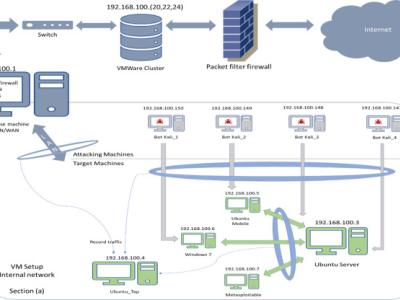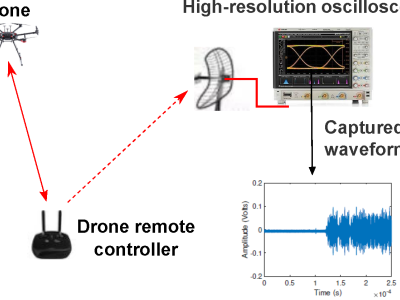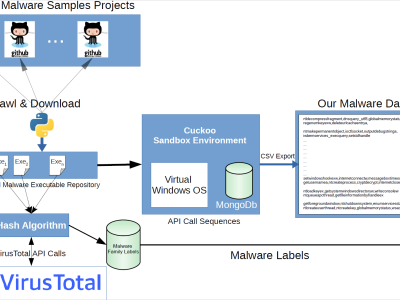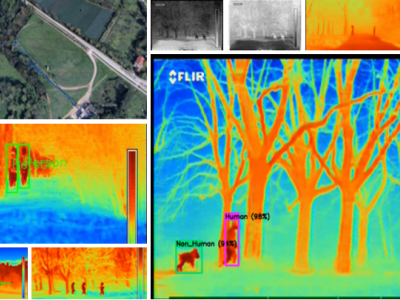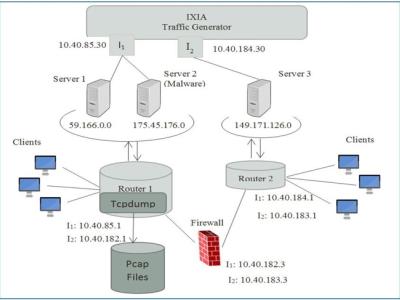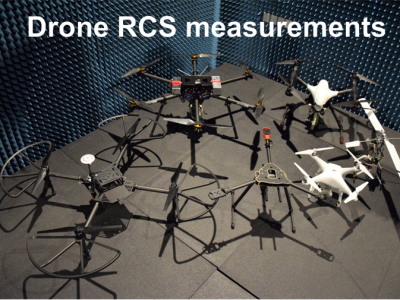Multi-Voltage PUF DataSet
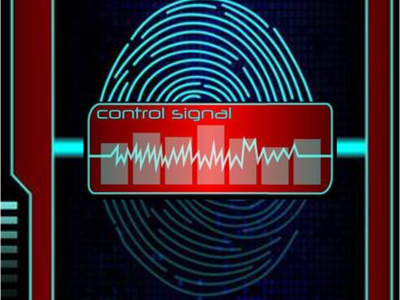
- Citation Author(s):
-
Leen YounesEnas AbulibdehBaker MohammadHani SalehMahmoud Al-Qutayri
- Submitted by:
- Leen Younes
- Last updated:
- DOI:
- 10.21227/mn1t-0726
 53 views
53 views
- Categories:
- Keywords:
Abstract
This dataset contains Challenge-Response Pairs (CRPs) from Ring Oscillator-based Physical Unclonable Functions (RO-PUFs) operating under constant and variable voltage conditions. Collected from three chips fabricated in a 22nm FDSOI process and powered by a Switched-Capacitor DC-DC converter, it includes two sections: responses at a fixed voltage and across nine voltage levels (nominal and ±10% variations). Organized into ten folders, the dataset includes 1K CRPs per chip for each voltage and a combined folder with 20K CRPs. All data is stored in hexadecimal format, with a subset of concatenated 128-bit responses for further analysis. This dataset enables evaluation of voltage-aware hardware security primitives and supports research in PUF reliability and machine learning modeling.
Instructions:
The dataset comprises two main sections detailing PUF responses under different conditions.
- Constant Voltage Responses: PUF responses operating at a fixed voltage, collected from three chips.
- Variable Voltage Responses: PUF responses across three different operating voltages with a DC-DC converter.
The data is organized into ten folders:
- Nine Voltage-Specific Folders:
- Contain 1,000 responses from each of the three chips, covering primary voltages (800mV, 600mV, 530mV) and 10% variations (720mV, 880mV, 583mV, 660mV, 477mV, 540mV).
- The responses of all nine voltages are associated with the same input challenge saved in "input_1K".
- One Combined Voltage Folder:
- Contains 20,000 challenges and responses, including a unique file with 128-bit responses from concatenated subsets.
- The responses are associated with the input challenge saved in "input_20K".
Each challenge-response pair corresponds one-to-one, with all data stored in hexadecimal format.


